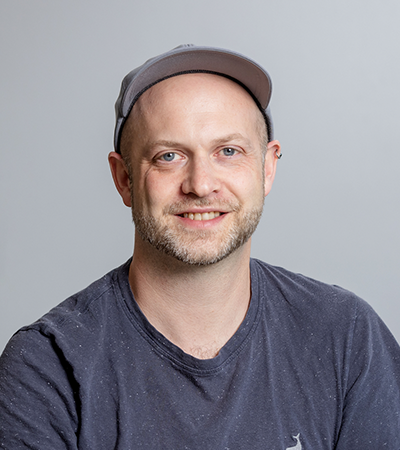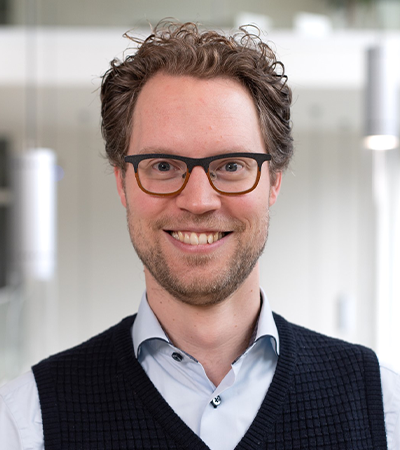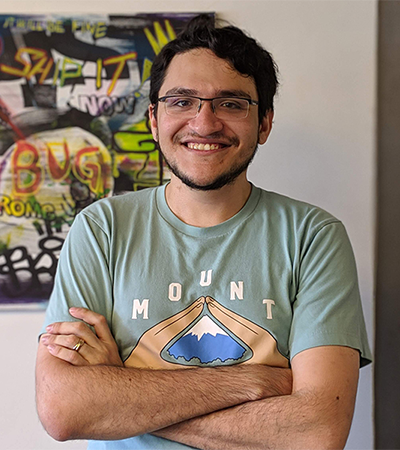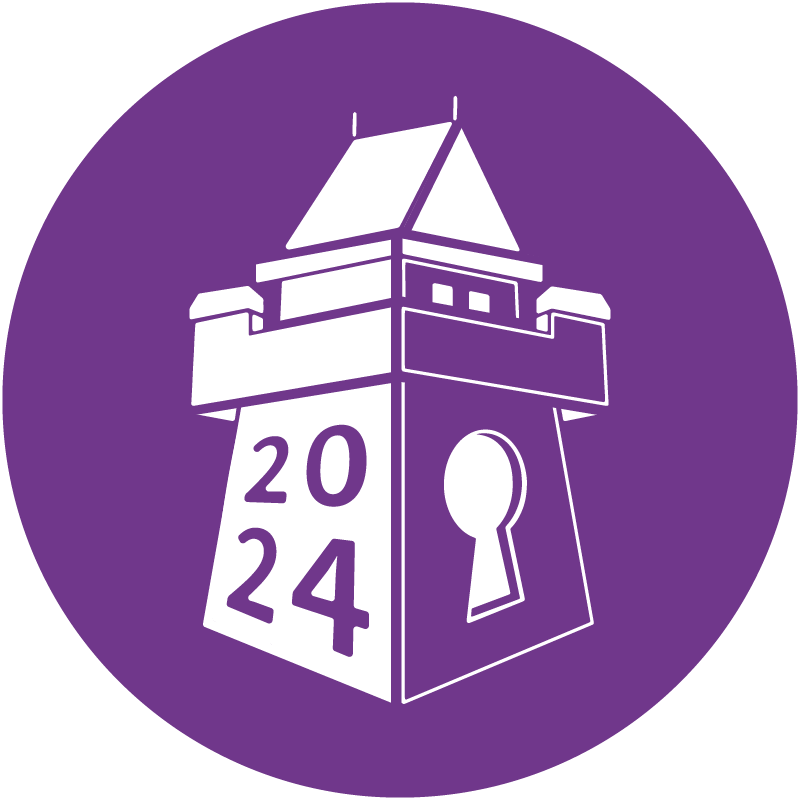Speakers

Maria Eichlseder
Maria Eichlseder is assistant professor of cryptography at Graz University of Technology. Her research interests include the design and cryptanalysis of symmetric cryptographic algorithms, such as hash functions and authenticated encryption algorithms and their underlying primitives. She co-designed Ascon, a lightweight authenticated cipher that was selected by NIST as the new standard for lightweight cryptography in 2023. She defended her Ph.D. sub auspiciis praesidentis in 2018 and visited Ruhr-Universität Bochum and Radboud University Nijmegen as a guest researcher.

Daniel Gruss
Daniel Gruss (@lavados) is an Associate Professor at Graz University of Technology. He has been teaching undergraduate courses since 2010. Daniel's research focuses on side channels and transient execution attacks. He implemented the first remote fault attack running in a website, known as Rowhammer.js. His research team was one of the teams that found the Meltdown and Spectre bugs published in early 2018. In 2023, he received an ERC Starting Grant to research the sustainability of security. He frequently speaks at top international venues.

Nils Jansen
Nils Jansen is a full professor at the Ruhr-University Bochum, Germany, and leads the chair of Artificial Intelligence and Formal Methods. The mission of his chair is to increase the trustworthiness of Artificial Intelligence (AI). Nils Jansen is also an associate professor at Radboud University, Nijmegen, The Netherlands. He was a research associate at the University of Texas at Austin and received his Ph.D. with distinction from RWTH Aachen University, Germany. His research is on intelligent decision-making under uncertainty, focusing on formal reasoning about the safety and dependability of artificial intelligence (AI). He holds several grants in academic and industrial settings, including an ERC starting grant titled Data-Driven Verification and Learning Under Uncertainty (DEUCE).

Wouter Lueks
Wouter Lueks is a tenure-track faculty member at the CISPA Helmholtz Center for Information Security in Saarbrücken, Germany. Before that he was a postdoctoral researcher at EPFL in Lausanne, Switzerland where he worked with Prof. Carmela Troncoso. He is interested in solving real-world problems by designing end-to-end privacy-friendly systems. To do so he combines privacy, applied cryptography, and systems research. His work has real-world impact. For instance, his designs for privacy-friendly contact tracing have been deployed in millions of phones around the world, and his secure document search system is being deployed by a large organization for investigative journalists.

Amir Moradi
Amir Moradi received the MSc and PhD degrees in computer engineering from the Sharif University of Technology, Tehran, Iran, in 2004 and 2008 respectively, and the Habilitation degree in 2016 from Ruhr-University Bochum, Germany. He has been Professor for IT-Security in Ruhr-University Bochum and University of Cologne, Germany between 2021 and 2023. Currently, he is a Professor for Implementation Security at Technical University of Darmstadt, Germany. He has authored or co-authored more than 160 peer-reviewed journal articles and conference papers, in both destructive and constructive aspects of side-channel analysis. His current research interests include physical security of embedded systems, passive and active physical attacks, and the corresponding countermeasures.

Samuel Ortiz
Samuel is a Principal Member of Technical Staff at Rivos, where he works on confidential computing, virtualization and hardware roots of trust on RISC-V platforms. Samuel is a long time open source contributor and maintainer. He co-created and still maintains multiple open source projects like e.g. Kata Containers, Cloud Hypervisor or Confidential Containers.

Thomas Prest
Thomas Prest is Lead Cryptography Researcher at PQShield, a start-up specialized in post-quantum cryptography. His main research topics are lattice-based cryptography and threshold cryptography. Thomas is part of the submission teams for the Falcon, Hawk and Raccoon signature schemes.

Chelsea Rose Sidrane
Chelsea Sidrane is a Digital Futures Postdoctoral Research Fellow at KTH Royal Institute of Technology in the Division of Robotics, Perception, and Learning supervised by Professor Jana Tumova. In August 2022, she graduated with a PhD from the Stanford University Aerospace Engineering Department. Broadly, her research interests are focused on reliable robotics, spanning from verification of learned control policies to planning under uncertainty.

Eduardo Vela
Eduardo Vela plays a key role in Google’s ongoing battle against vulnerabilities. Working with teams across the company, he helps ensure that flaws in Google products are addressed and that responsible disclosure practices extend throughout the industry. He was one of the pioneers of Google’s bug bounty program and has led it for over a decade, shaping the landscape for ethical security research. Currently he analyzes Linux kernel and CPU exploits to identify and understand fundamental weaknesses. His work aims to strengthen the technological foundation upon which we all rely, enabling a future where everyone can use technology safely.

Yuval Yarom
Yuval Yarom is a professor at Ruhr University Bochum, where he leads the Chair for Computer Security. He earned his Ph.D. in Computer Science from the University of Adelaide in 2014, and an M.Sc. in Computer Science and a B.Sc. in Mathematics and Computer Science from the Hebrew University of Jerusalem in 1993 and 1990, respectively. In between he has been the Vice President of Research in Memco Software and a co-founder and Chief Technology Officer of Girafa.com. Yuval's research explores the security of the interface between the software and the hardware. In particular, he is interested in the discrepancy between the way that programmers think about software execution and the concrete execution in modern processors. He works on identifying micro-architectural vulnerabilities, and on exploitation and mitigation techniques.
